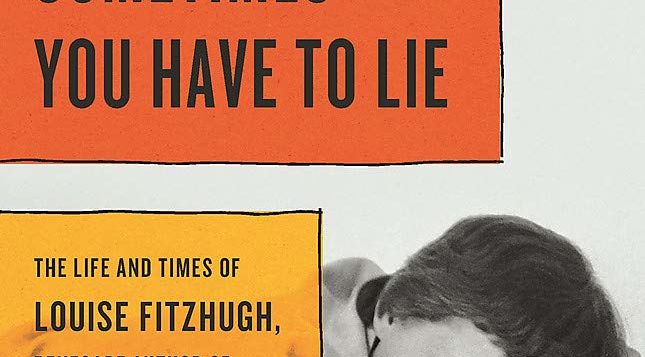 SOMETIMES YOU HAVE TO LIE
SOMETIMES YOU HAVE TO LIE
The Life and Times of Louise Fitzhugh,
Renegade Author of Harriet the Spy
by Leslie Brody
Seal Press. 335 pages, $30.
BEST KNOWN for her novel Harriet the Spy (1964), Louise Fitzhugh (1928–1974) was a lesbian writer who worked at a time when LGBT people were stereotyped as criminals and corrupters of youth. For this reason, she had to maintain a low profile to get her work published, especially because she wrote novels for children and young adults.
A new biography by Leslie Brody, Sometimes You Have to Lie, is an exploration of Fitzhugh’s life in its social and historical context. One of Brody’s projects is to reveal the central conflicts in the life and fiction of her subject, who struggled with truth and falsehood, coming out versus staying in the closet, committing to work versus relationships, and other either/or dualities that arose in the course of her short life.
Born in Memphis in 1928, her family was wealthy and eccentric. She had an uncle who lived in his parent’s attic and whose primary occupation appeared to be spending time with paper dolls. Her father, Millsaps Fitzhugh, was a lawyer, and her mother, Mary Louise Perkins, was a former ballet teacher. They went through a horrible divorce in which her father retained custody of Louise, who was told that her mother had died. Years later, she discovered that this was a lie and that her mother was very much alive. This discovery formed the psychological backdrop for her relentless pursuit of truth, whatever the cost.
Irene Javors, a frequent contributor to this magazine, is a psychotherapist based in New York City.







